
How can you learn English by yourself?
神奈川大学外国語学部英語英文学科です。学科の先生によるコラムマガジン「Professors’ Showcase」。今回は、第二言語習得が専門のジョン・バンキア先生による" How can you learn English by yourself?"です!

In Japan, all students study foreign languages like English at school, but many of my students tell me that it’s difficult to understand people when they speak. It’s also difficult to understand reading materials written in another language. If you find opportunities to speak and listen to English, you can get used to pronunciation and how people from other countries speak. However, if you want to really improve your reading, listening, speaking and writing, you need vocabulary.
If you want to improve your vocabulary in English, you should do to different types of activities. One type is deliberate vocabulary learning. Another type of activity is incidental vocabulary learning.
Incidental learning means learning without trying to learn. When you were a child, this is how you learned most words in your first language. Babies don’t sit down and study vocabulary, they just learn it!
Deliberate learning means studying. This is what you did in high school when you were studying for your Japanese History test — it means trying to remember things and testing yourself to help remember.
If you want to improve your English vocabulary, you have to do both of these things. I will introduce to activities which can help with incidental and deliberate vocabulary learning.
Extensive reading
Extensive reading (多読) means reading:
· Smoothly and quickly
· A lot and often
· Without using a dictionary too much
· For fun and your own interest

This is a very good way to learn vocabulary incidentally. This means that you shouldn’t try to learn all the words in the books. Instead, enjoy reading and you will learn many words without studying.
However, choose books which are easy to read. This means:
1. Do I know most of the vocabulary?
To read smoothly and quickly, you should know minimum 90% of the words. Look at two pages of the book. If there are more than three words which you don’t know, choose an easier book.
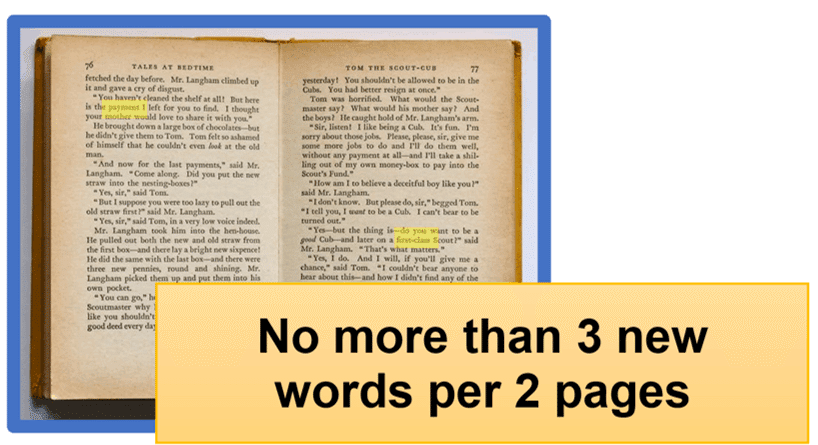
2. Can I understand the sentences?
If it’s hard to understand the story, read an easier book.
How often should you read? It’s important to read often. Just 5 minutes a day isn’t enough.
Try to read:
· One book a week
· For 20 – 30 minutes each time
If you like, you can keep a record of your reading, keep the vocabulary notebook, or start a book club with your friends. But it’s fine to just read.
The KU E-Reader List has links to readers available online at the KU Library. You can also find e-readers by searching in the library. You can find readers in the library, the 9F Language Commons and the 19F 英語英文学科共同研究室.

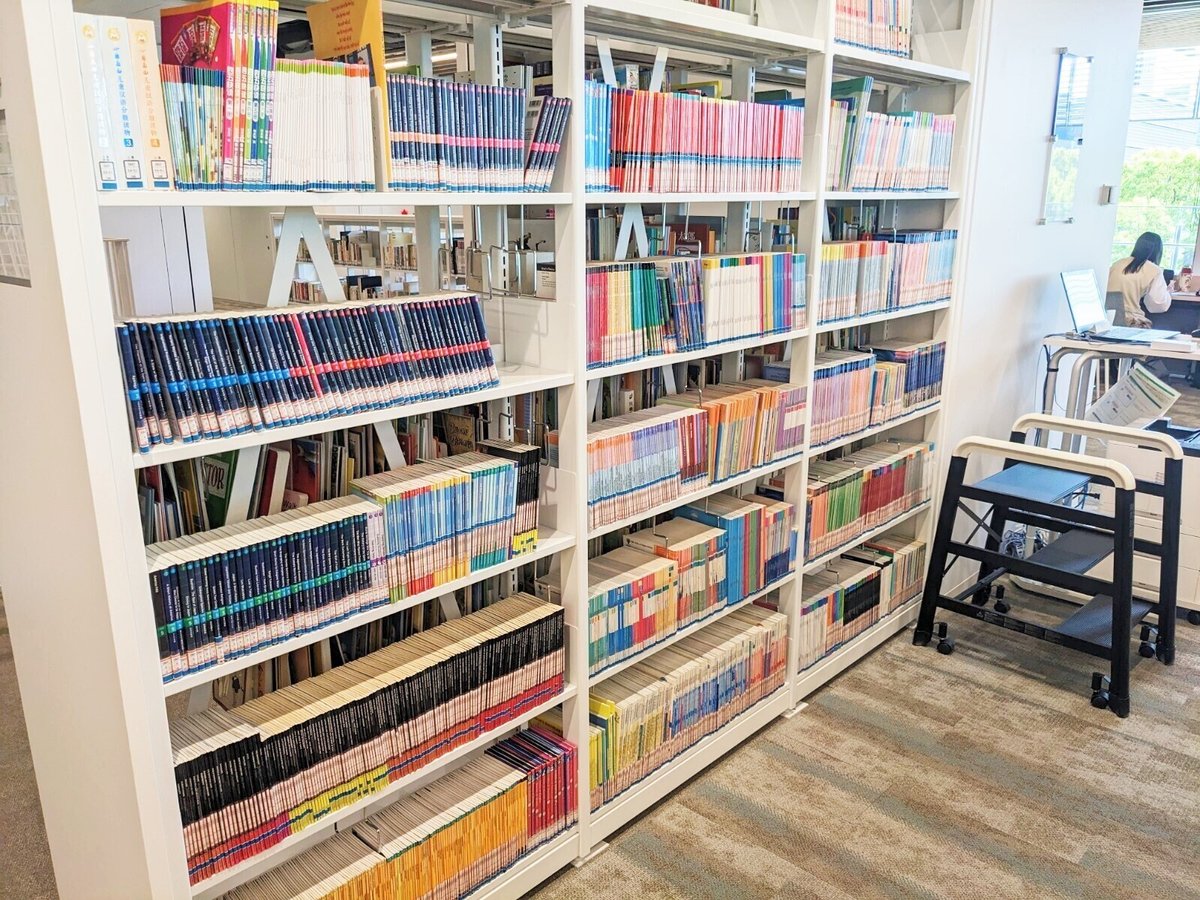
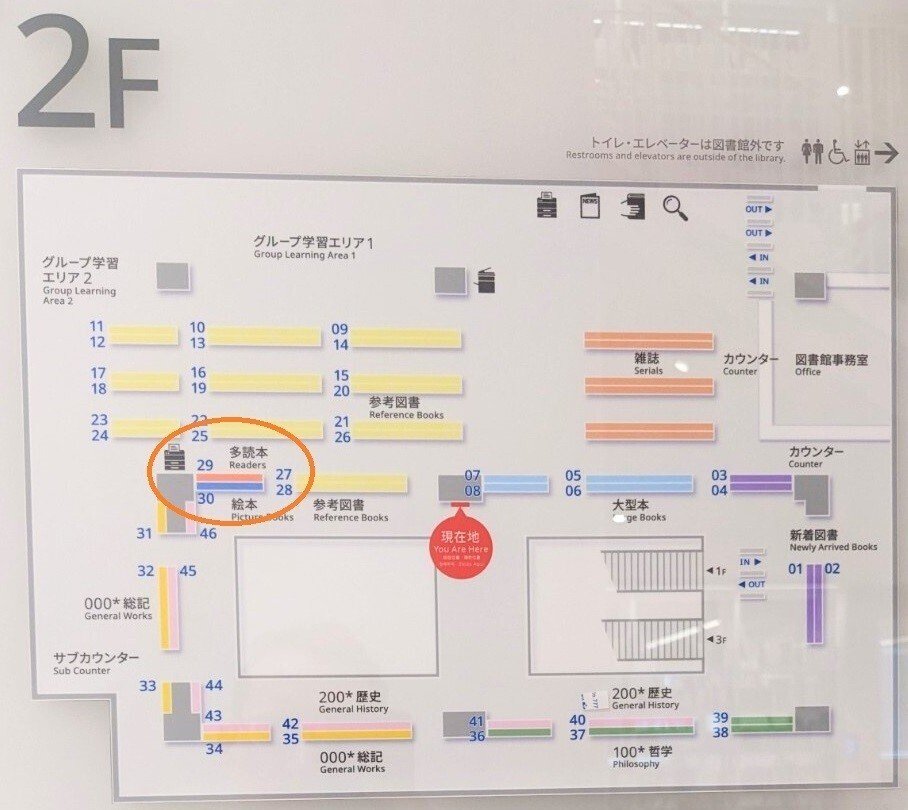
Learning common words with smartphone apps
If you try extensive reading and read often, you will pick up many new words. However, if you want to improve your vocabulary quickly, you should also study words. This is a type of deliberate learning.
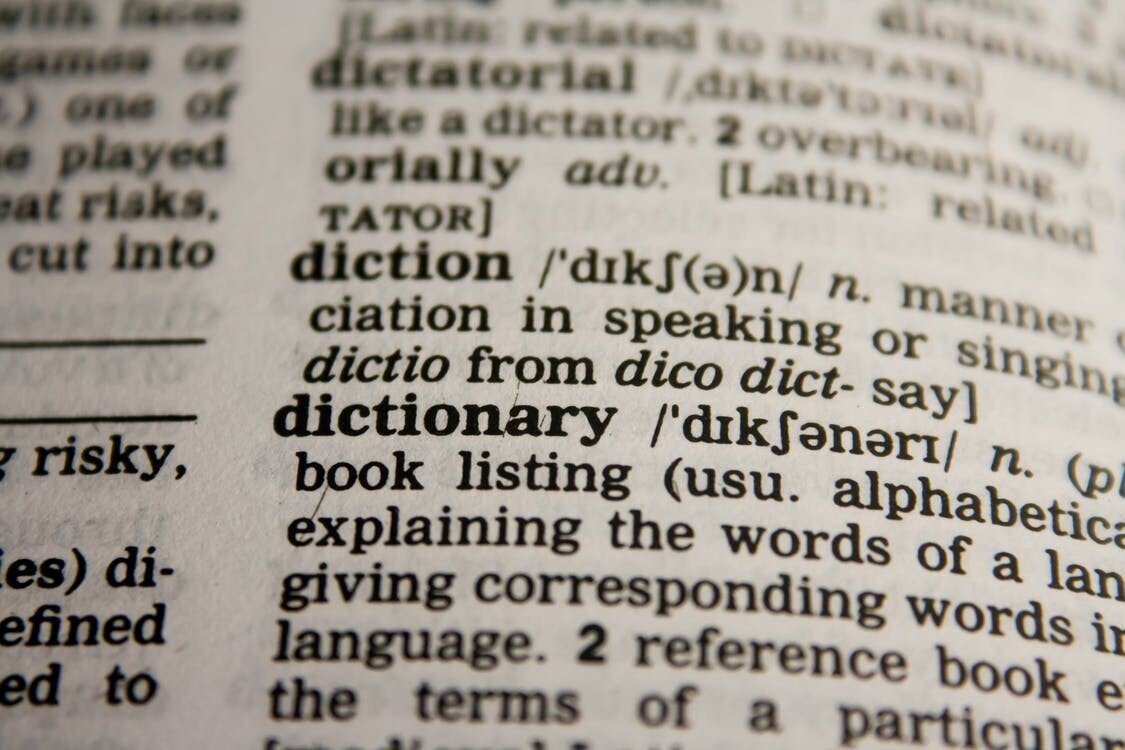
If you choose useful and common words, then you will be able to use the words in your conversations and writing, and you will see the words in your reading. Studying vocabulary sounds boring, but if you use an app, it can be easy and fun.
Finding words to learn
First, make sure that you know all the most common words in English. Because these are all very useful words, studying them is a good use of time.
One of the best word lists is the New General Service List (3000 words):
newgeneralservicelist.org/new-ngsl-japanese-defs
There are also academic word lists and lists for TOEIC at the NewGeneralServiceList.org site.
When choosing words:
· Choose new words, but start easy
· Don’t learn in alphabetical order (ABC).
· Some words sound similar (among/amount). Learn them separately.
Once you have learnt these common words, continue improving your vocabulary by reading and listening.
Learning the words
Download an app to your smartphone which allows you to make your own vocabulary lists. It’s better to make your own list rather than use a pre-made list because all the words will be useful for you.
Next:
· Download the wordlist
· Start at the beginning with the easiest words
· Each week, choose 10 words that you want to learn
· Enter the words in your app
Most smartphone vocabulary apps look like this:
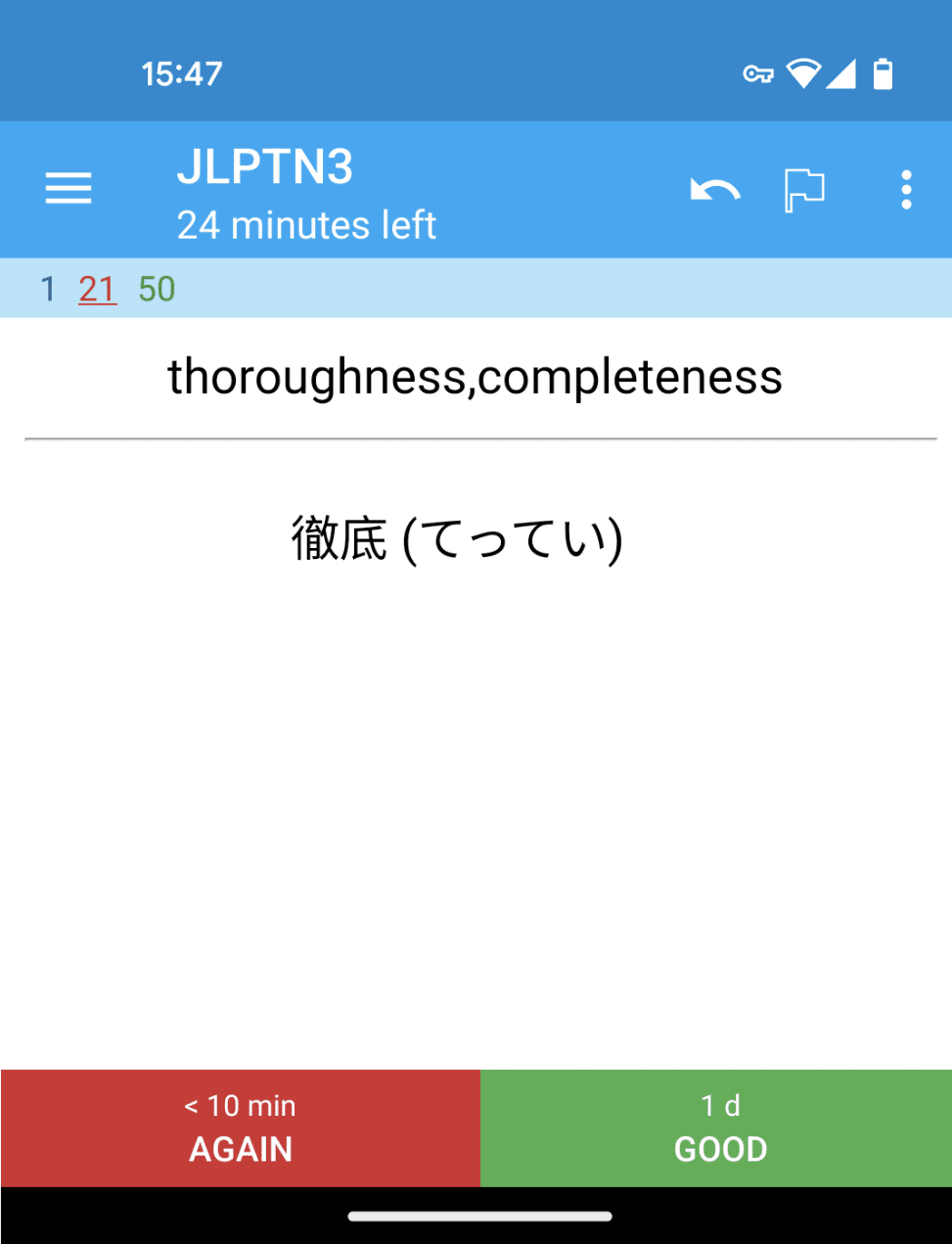
Apps will help you by only testing your memory on words that you don’t know. In this app, Anki, if you select “GOOD”, the word will not be shown to you for one day. If you don’t remember the meaning and select “AGAIN”, the world will be shown to you again in 10 minutes. This means that you do not waste time studying words that you already know.
Useful resources
KU E-reader list https://qr.paps.jp/sclOR
KU Library OPAC https://ufianity.kanagawa-u.ac.jp/
Finding words to learn NewGeneralServiceList.org
Learning words Apps.Ankiweb.net
Quizlet.com
Memrise.com
Search iPhone Store/Google Play for “NGSL Builder” ttps://qr.paps.jp/1ZxDv
How to use the app Anki
"ANKI"アプリのメリットと使い方と英単語・表現の効率的な覚え方
https://sayonara-japanglish.com/anki/
Conclusion
Learning vocabulary is probably the best thing that you can do if you want to improve your English. You need to do a balance of studying and just enjoying reading, speaking or listening in English. Visit the 9F Language Commons and ask for advice from the Learning Advisor for more help.
記:John Bankier
バンキア先生についてもっと知りたい方はこちら!
「神大の先生」
神奈川大学外国語学部英語英文学科の学生もたくさん利用しているLanguage Commonsのインスタはこちら!
